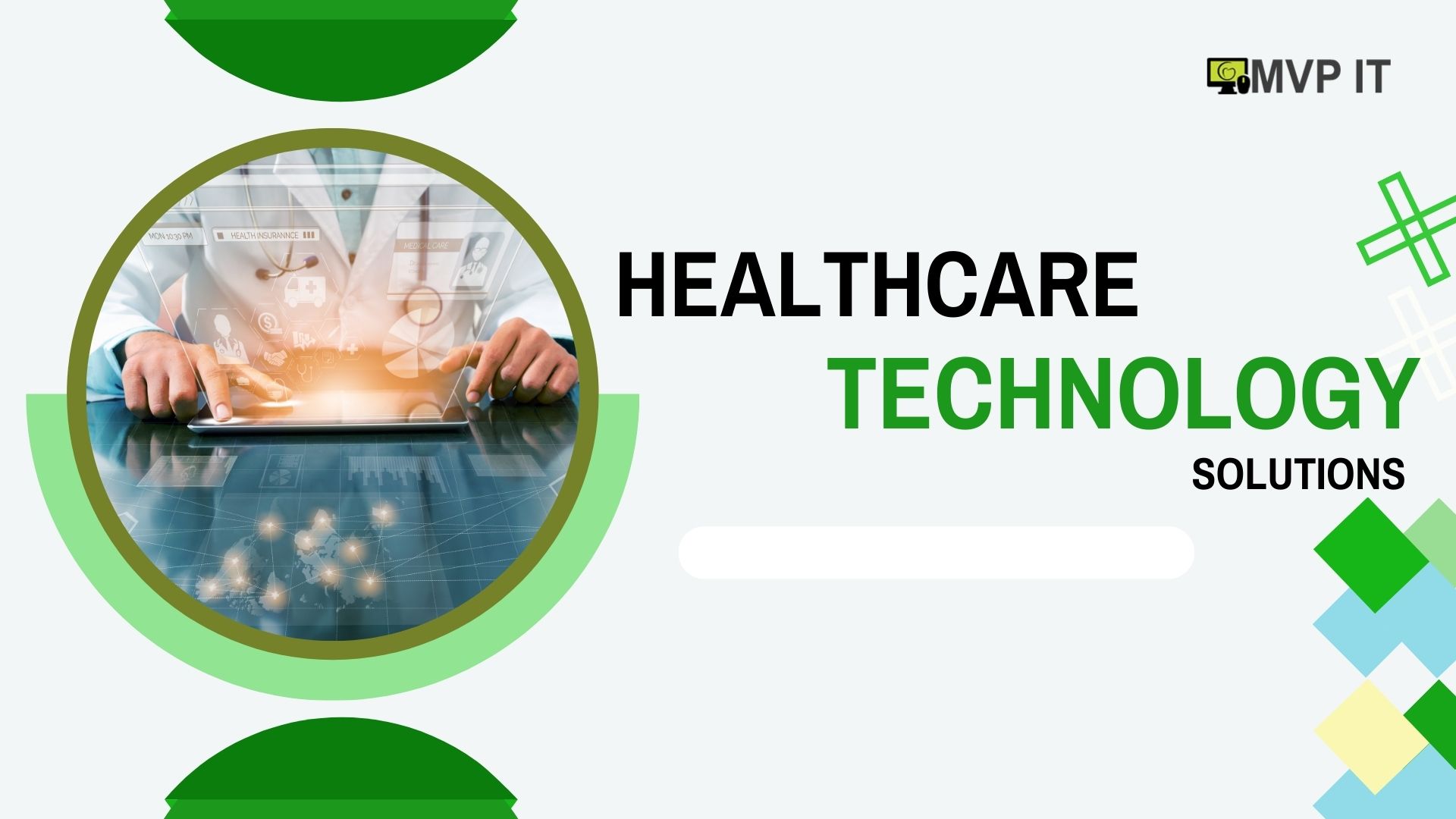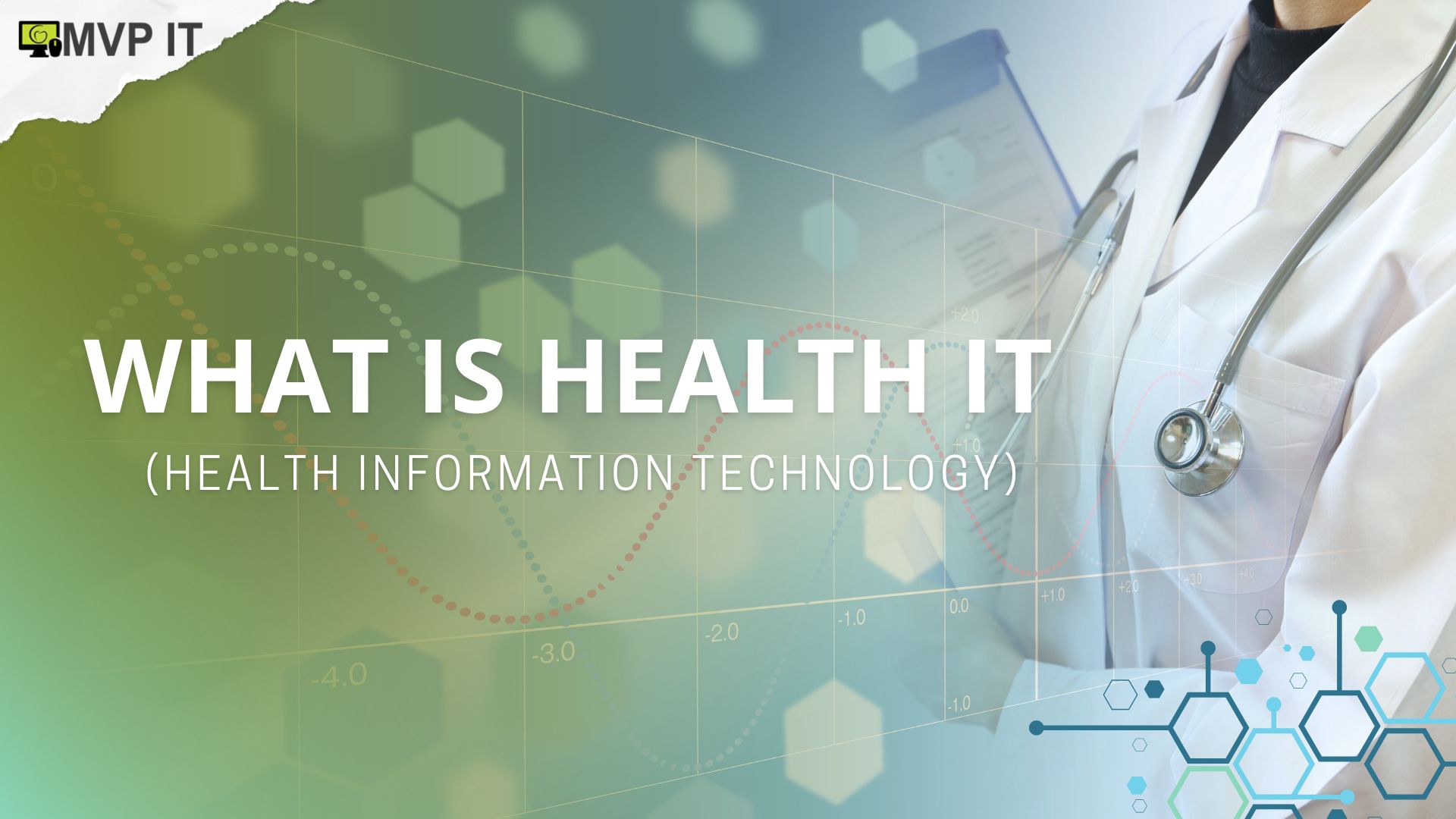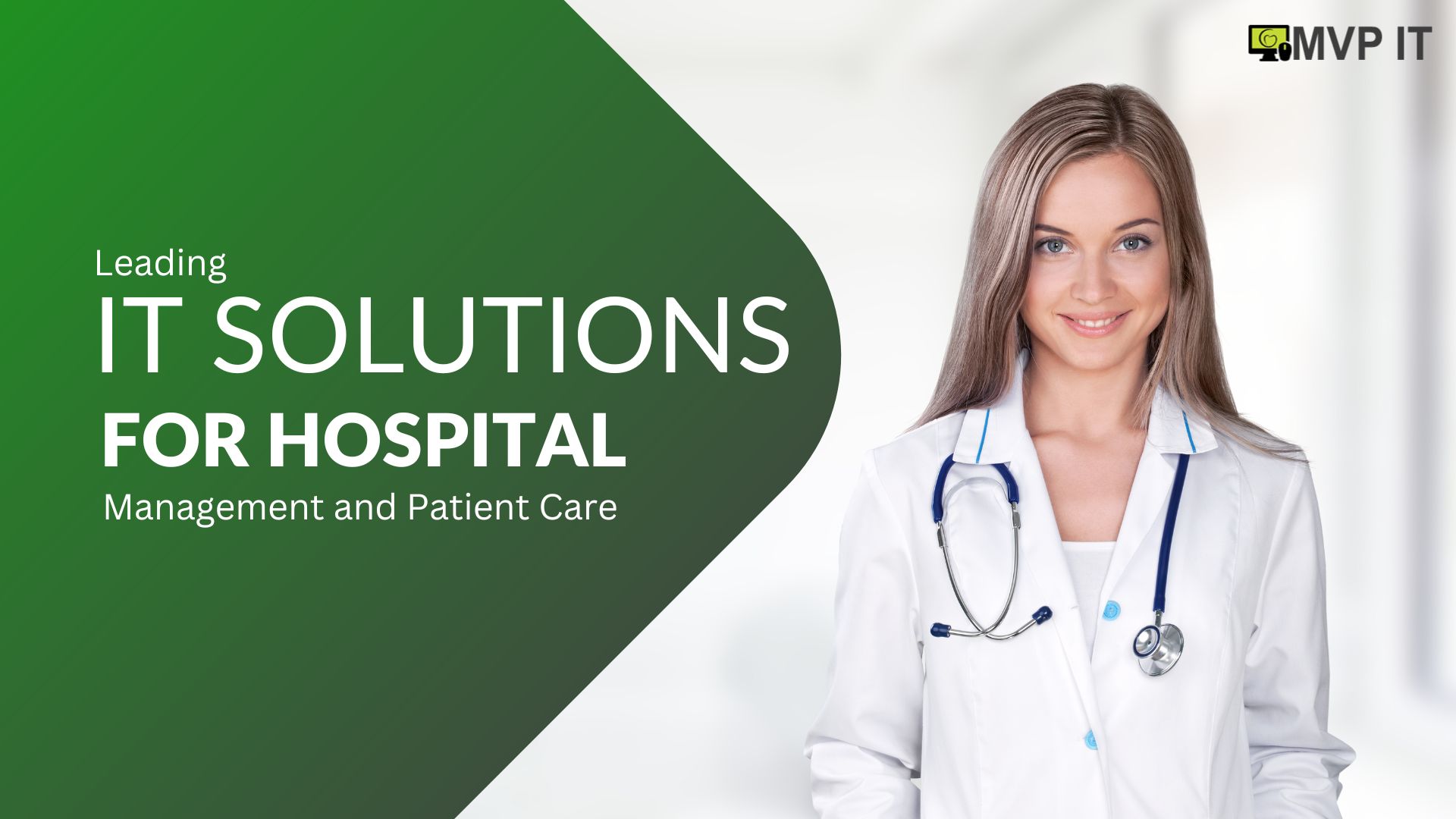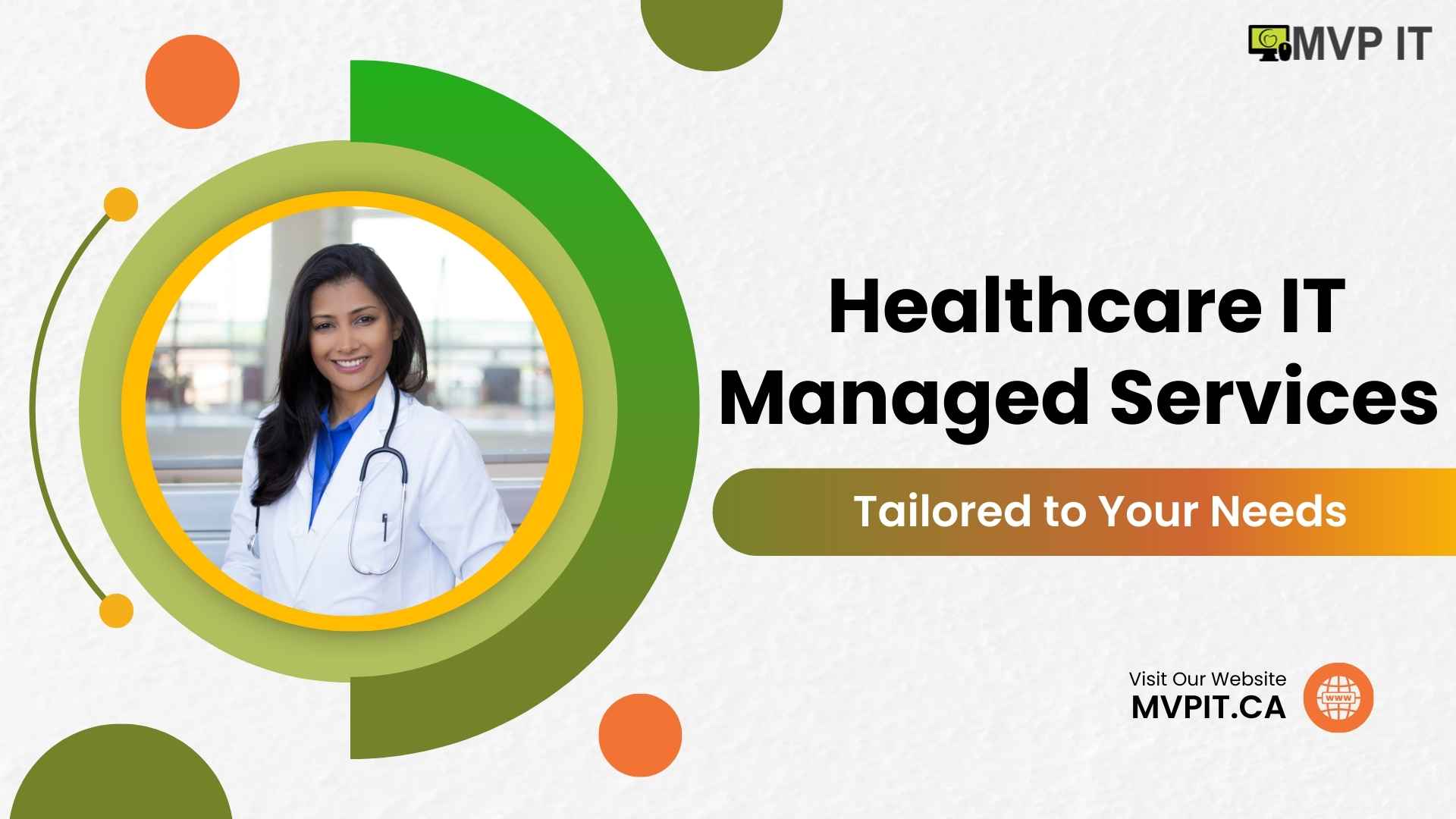Modern healthcare is changing quickly, and technology is essential to raising patient care standards, increasing operational effectiveness, and spurring innovation. The phrase healthcare technology solution refers to a broad range of digital instruments and interfaces intended to optimise workflows, promote dialogue, and eventually enhance health results.
Introduction to Healthcare Technology Solutions
The term “HealthTech” or “MedTech” refers to the widespread use of technology in healthcare to support a variety of applications, including wearable health devices, telemedicine, and electronic health records (EHR). These solutions aim to revolutionise healthcare delivery by enhancing accessibility, efficiency, and patient-centeredness.
Evolution of Healthcare Technology
The need to confront new difficulties and seize possibilities for progress has led to major breakthroughs in healthcare technology over time. Innovation and advancement have characterised the development of healthcare technology, from the advent of electronic medical records to the broad use of telehealth platforms.
Benefits of Healthcare Technology Solutions
Improved Patient Care
Healthcare technology solutions enable providers to provide patients with proactive, individualised treatment. Healthcare providers may anticipate and better manage patients’ demands with the help of data-driven insights and remote monitoring tools, which improve patient satisfaction and health outcomes.
Enhanced Efficiency
Healthcare IT solutions may greatly increase operational efficiency in healthcare organisations by automating repetitive work, optimising administrative procedures, and promoting information sharing. Digital technologies, such as appointment scheduling, billing, and coding, minimise human error and maximise resource utilisation.
Cost Reduction
Overall cost savings in the healthcare industry can result from the effective use of technology. Healthcare technology solutions enable remote consultations, minimise duplicate testing, and save paperwork, all of which contribute to lower total healthcare expenses and better patient accessibility and affordability.
Types of Healthcare Technology Solutions
Electronic Health Records (EHR)
Healthcare practitioners may safely access, update, and exchange patient data thanks to electronic health record (EHR) systems. EHRs facilitate provider communication, increase care coordination, and advance clinical decision-making by centralising medical data.
Telemedicine
Using telecommunications technology, telemedicine allows for remote patient monitoring, diagnosis, and treatment. Telemedicine increases access to healthcare services, especially in underdeveloped areas or during public health emergencies, via means of video consultations, remote monitoring devices, and mobile health apps.
Wearable Health Devices
Fitness trackers and smartwatches are examples of wearable health gadgets that continuously track vital signs, exercise levels, and other health information. Wearable technology supports preventative care and encourages active engagement in health management by enabling people to track their health and lifestyle choices.
Health Information Exchange (HIE)
Healthcare Information Exchange (HIE) platforms enable the safe transfer of patient data between various healthcare organisations and providers. HIEs improve patient safety, minimise redundant testing, and support care continuity by facilitating interoperability and seamless data sharing.
Healthcare Analytics
To glean insights from massive volumes of healthcare data, healthcare analytics employs data mining and predictive modelling approaches. Healthcare analytics aid in evidence-based decision-making, resource allocation, and quality improvement programmes through trend analysis, pattern recognition, and outcome prediction.
Challenges in Implementing Healthcare Technology Solutions
The adoption and application of healthcare technology solutions are not without difficulties, despite their many advantages.
Data Security and Privacy Concerns
Patients’ privacy and data security are problems brought up by the digitisation of health information. Strong cybersecurity safeguards and compliance procedures are essential for healthcare organisations to protect private patient information from breaches, illegal access, and cyberattacks.
Integration Issues
For healthcare companies, integrating various systems and technology is a major problem. Interoperability across EHRs, telemedicine platforms, and other health IT systems needs to be achieved with great care, standardisation, and cooperation from all parties involved.
Training and Adoption
Adoption and user training are critical for the efficient use of healthcare technology solutions. For the purpose of navigating intricate systems, effectively interpreting data, and seamlessly integrating technology into their workflow, healthcare clinicians and personnel require adequate training and assistance.
Future Trends in Healthcare Technology
Driven by new ideas and trends that have the power to completely change the way healthcare is provided, the future of healthcare technology is extremely promising.
Artificial Intelligence in Healthcare
From drug development and diagnostic imaging to personalised treatment planning and predictive analytics, AI-powered tools and algorithms are transforming the delivery of healthcare.
Internet of Medical Things (IoMT)
The Internet of Medical Things (IoMT) includes real-time health data collection and transmission via wearables, sensors, and linked medical devices. Remote monitoring, proactive intervention, and customised care delivery are made possible by this integrated environment.
Virtual Reality in Healthcare
Virtual reality (VR) technology is finding its application in growing fields such as medical education, pain management, and therapeutic interventions. Through realistic and secure virtual reality simulations, medical practitioners can rehearse intricate procedures.
Personalized Medicine
Healthcare is becoming more personalised thanks to developments in precision medicine, genomics, and molecular diagnostics. Personalised medicine offers more precise and successful therapy by customising regimens to each patient’s unique traits, inclinations, and genetic composition.
Case Studies of Successful Implementation
Hospital X: Implementing EHR System
After a smooth transition from paper-based records to an integrated EHR system, Hospital X saw improvements in care coordination among multidisciplinary teams, faster procedures, and a decrease in documentation mistakes.
Clinic Y: Adopting Telemedicine for Remote Consultations
By introducing telemedicine services, which allow patients to consult with medical professionals from a distance, Clinic Y increased its accessibility and reach. This method maximised clinic resources, decreased no-show rates, and increased patient satisfaction.
Conclusion
Healthcare technology solutions have the potential to completely transform healthcare delivery, making it more patient-centred, effective, and easily accessible. Healthcare organisations may boost patient care, increase operational effectiveness, and foster innovation throughout the healthcare continuum by utilising digital tools and platforms.











